New Discoveries: Institutional Collaboration
The Possibility of the Compassionate Institution Featuring Sean Lee, Christine Malec, Teneshia Samuel
Welcome back to the Access Hub Blog. This blog originates from a collective request from the 2021 Access Advisory
for Luminato to publicly articulate what we are learning from the Mad, Deaf and Disabled communities.
This is ongoing work, continuing under the 2022 Access Advisory : Art Gunter, Christine Malec, Courage Bacchus, Gaitrie Persaud, Jack Hawk, Jenna Roy, Sean Lee and new members: Hope Adina Adler , Teneshia Samuel with Jessica Watkin continuing as an independent consultant.
This month, the Access blog is a dynamic discussion about institutional collaboration (the good and the bad) between three Advisory members: Sean Lee, Christine Malec and Teneshia Samuel. Each of them has a wide range of experience working internally and externally with institutions of varying sizes. What can institutional collaboration look like? What are the pitfalls and possibilities of Disability to disrupt and prompt structural change?
Organizations really have to actively be different… and know how to change their structures. As well, Disabled folks have been marginalized for so long and for historically such a long time that a lot of us don’t even know our own rights going into a space that we should be able to demand access. We should be able to demand… a different way of working.
Sean Lee
Teaser Highlights
The following has been edited for clarity
Sean: That idea of institutional collaboration… as opposed to institutional bulldozing, which I think is often times more of the experience that a lot of people have.
Christine: When I find myself in the context of an institution… am I going to say the wrong thing? Am I going to forget to filter? Am I going to understand the culture properly in a way that’s going to make me make sense to them and them make sense to me?
Teneshia:
I worked in banking, corporate banking for the longest time before I actually became an artist… From a standpoint of organic newness…institutions are built. They are things that evolve over time. As people come and go, add their value and leave and certain things die and fall away. …They can be really rigid… very solid and unchanging and that’s just the way the ecosystems working at the time where people are resistant to change… And then in other instances, you may find institutions…they seem to be more flexible and fluid and… changing and open to evolution. And… you find yourself… sort of vibing and flowing with them in a way.
And my question is… “What makes an institution open and willing and able to collaborate with other institutions and other people or other bodies or organic bodies?”
Sean Lee: When there’s a commitment to valuing the people first, I really feel like that’s when the organizations can begin to understand more flexibility…Drop this idea that everything always has to be perfect. At Tangled we try to lead with Disability justice. …Disability justice being something that doesn’t necessarily even fit within a non-profit’s complex…We’ve been taught that success and failure look like certain things in the world…
Organizations really have to actively be different… and know how to change their structures. As well, Disabled folks have been marginalized for so long and for historically such a long time that a lot of us don’t even know our own rights going into a space that we should be able to demand access. We should be able to demand… a different way of working.
Teneshia: What’s recently come from the social justice community is that notion of being an accomplice to the goals and the needs of people who are marginalized disability wise or racially wise. That’s when actions are coordinated with the needs and the worth and the value and the dignities of People of Colour, of Indigenous communities, of people with disabilities, neurodiverse communities, and these movements work in the direction of liberation, and they work in the direction of having the interests of the liberation of these marginalized people and they disrupt the status quo, so, you know, they challenged the system of oppression and that’s sort of my ideal.
Sean
: Tangled has implemented something we call a Care clause and maybe there’s a better name. We’ve been really saying that, in this Care clause, the artist, the health of the artists, the mental health, the physical health, the wellbeing of the artists is kind of more important than any deliverable.
Christine
: I love the takeaway that compassion and institutions can co-exist.
Teneshia : In order for progressive collaboration to occur there really needs to be this challenging, disrupting, dismantling, and learning in the system… and an evolving beyond what’s been a part of the status quo.
If you enjoyed this, please also check out this podcast out of San Francisco: Disability Visibility hosted by Alice Wong.
Featuring conversations on politics, culture, and media with disabled people. If you’re interested in disability rights, social justice, and intersectionality, this show is for you. It’s time to hear more disabled people in podcasting and radio. Named one of the 15 best podcasts by women that you’re not listening to by Refinery 29 in 2021.
Explore Luminato’s Access Programming
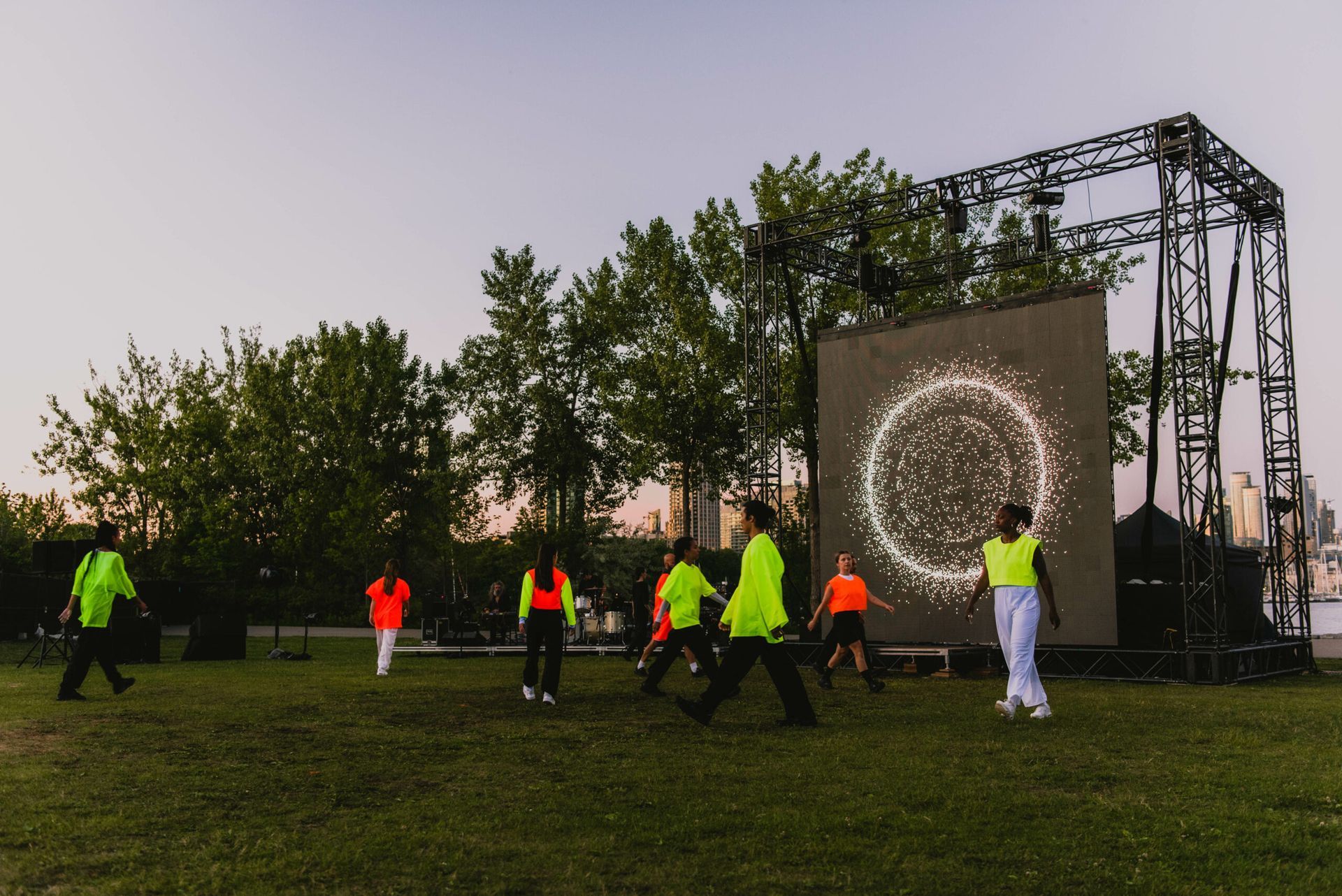
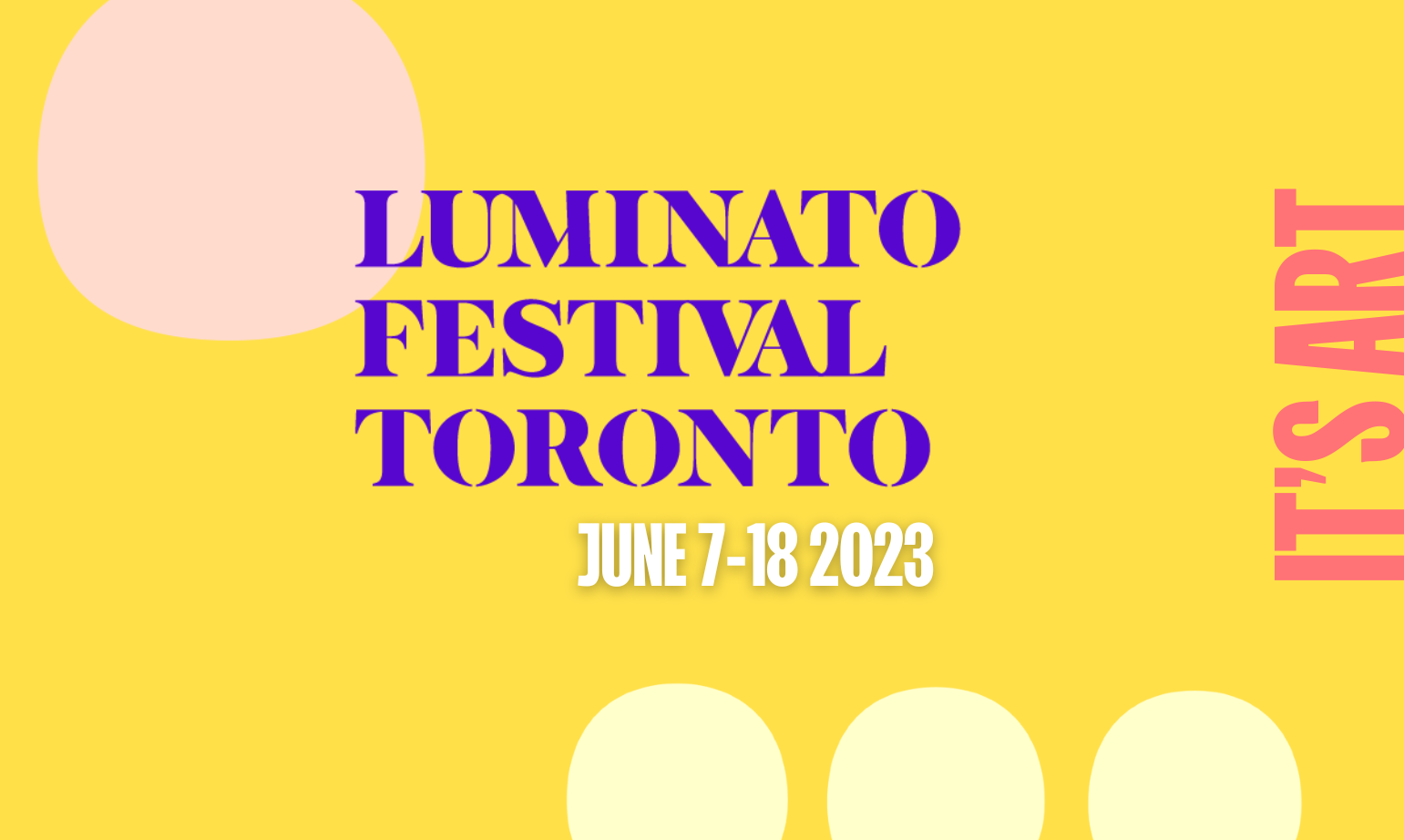
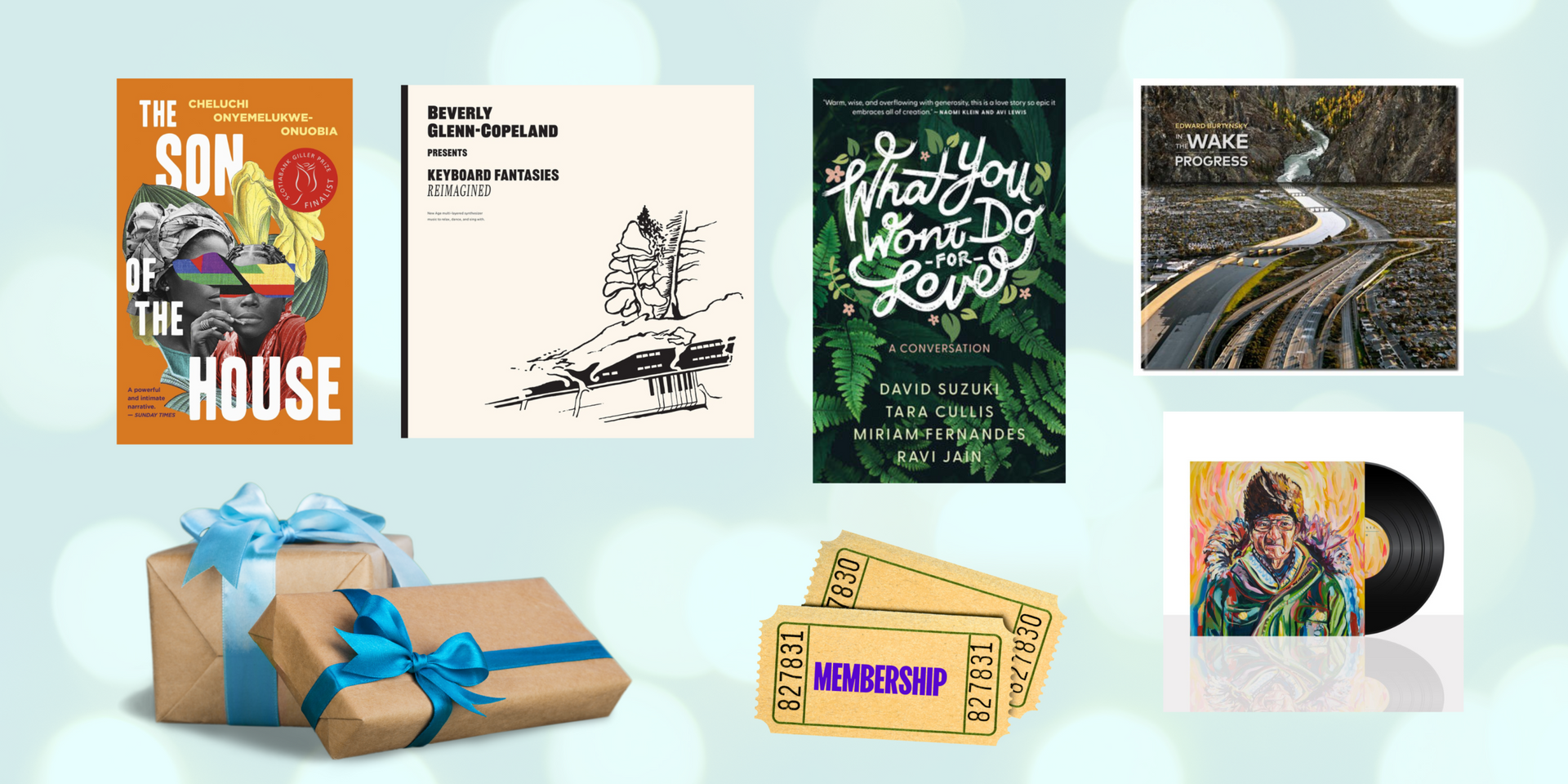
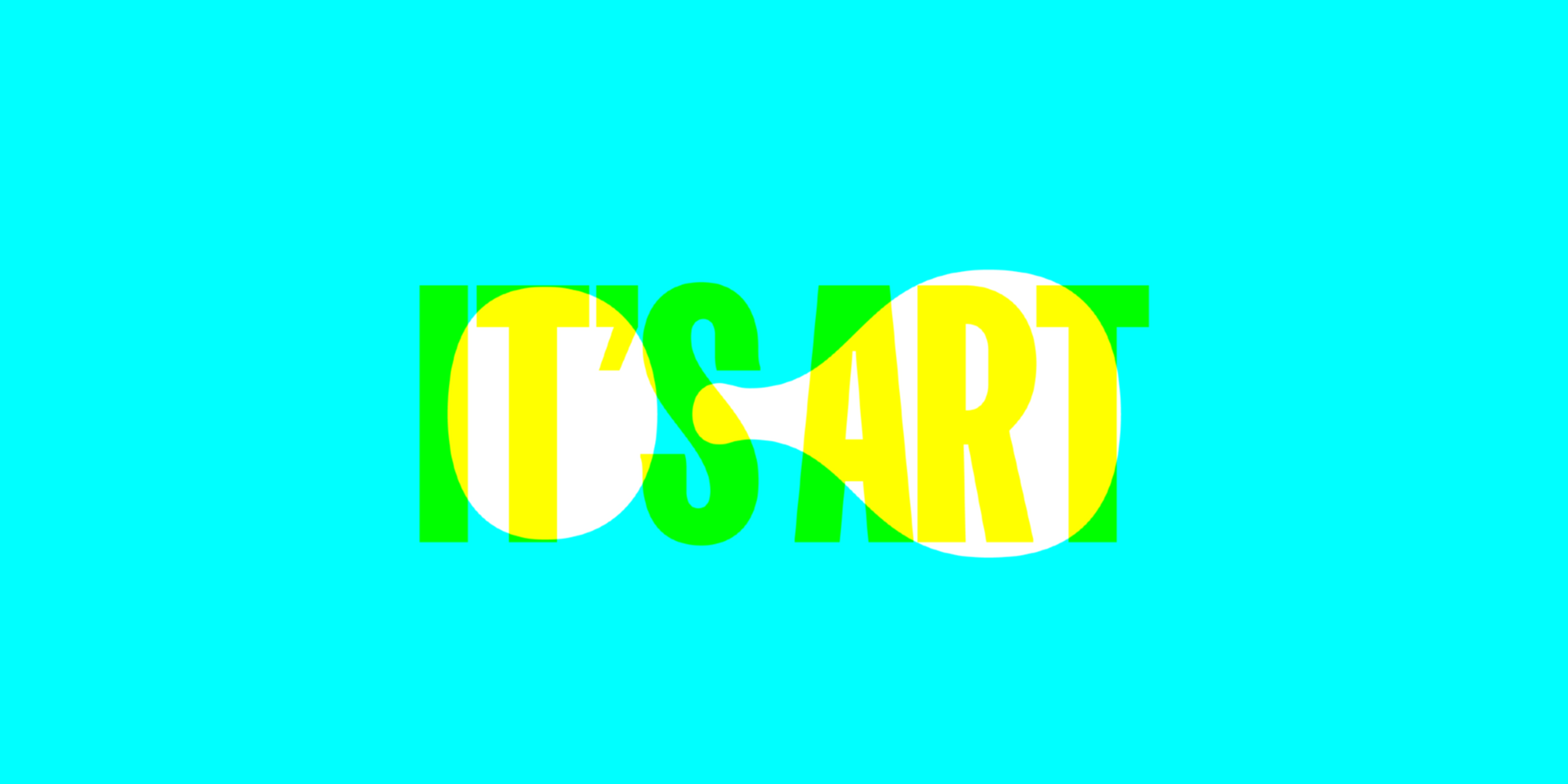
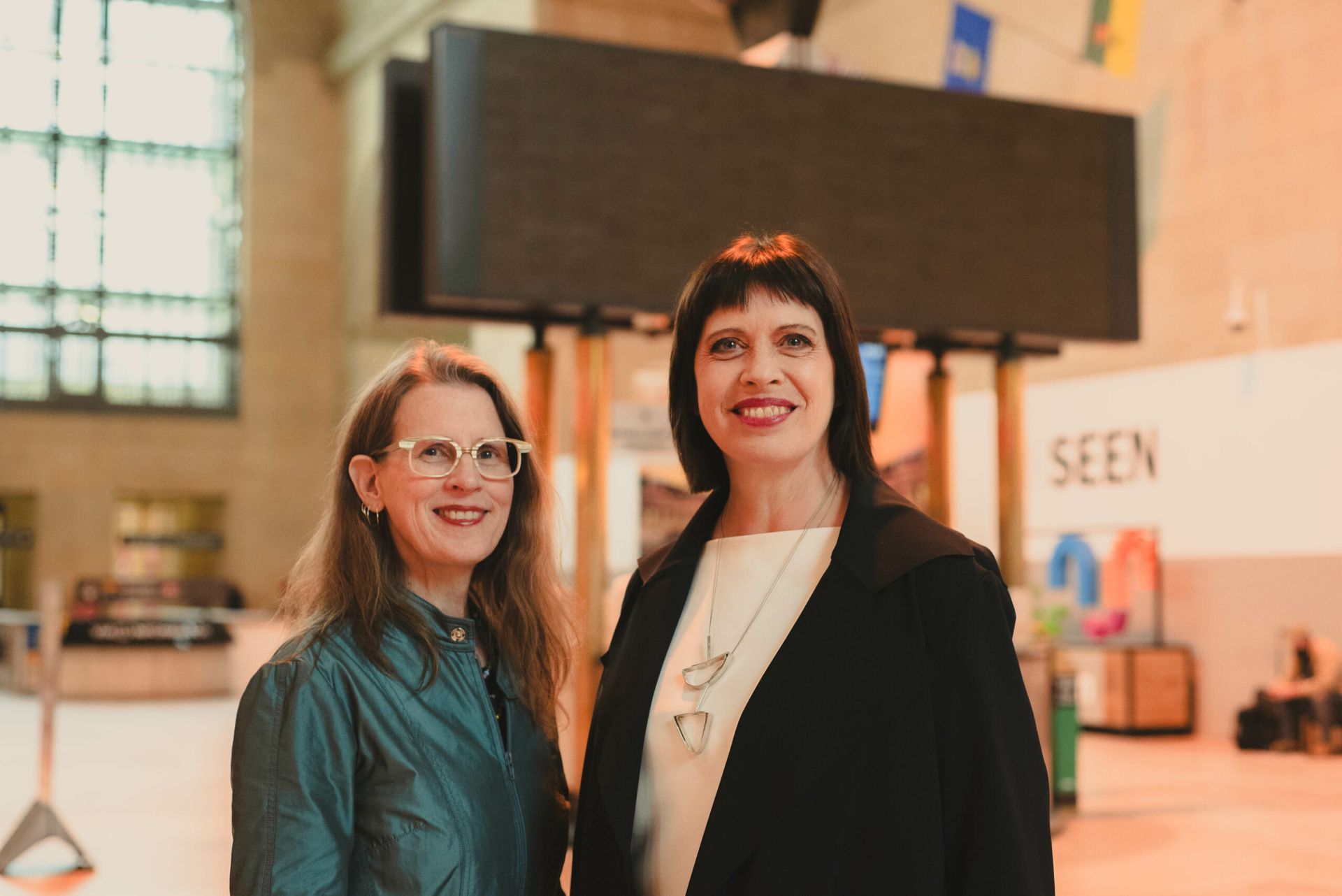
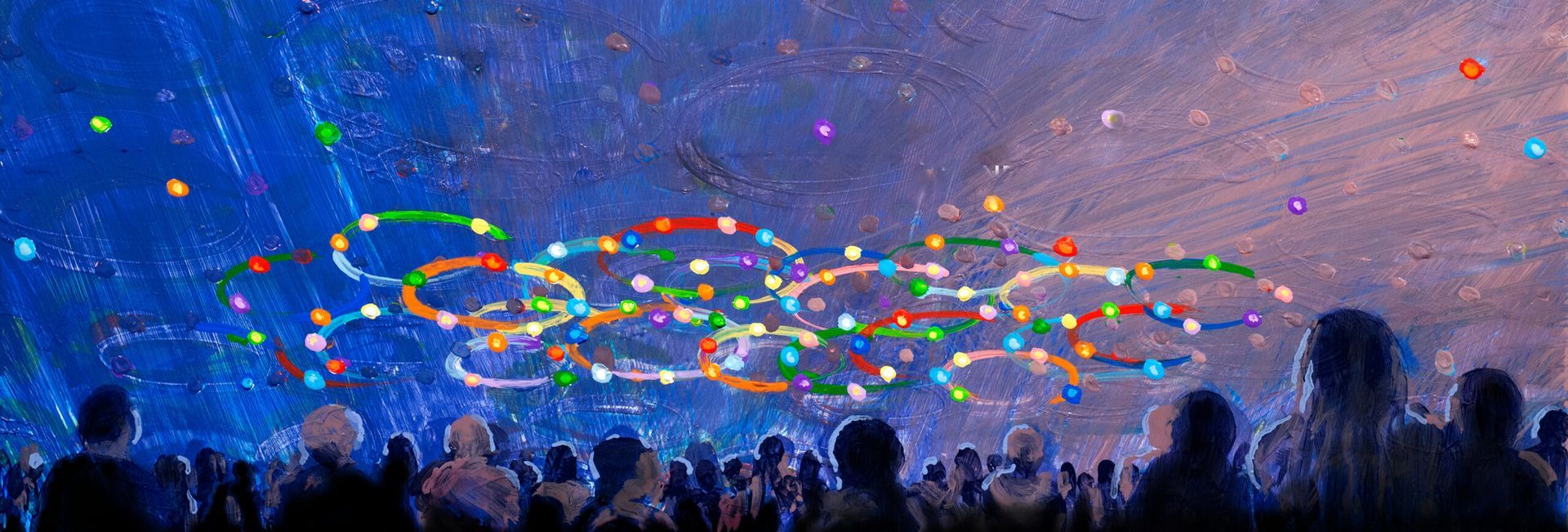
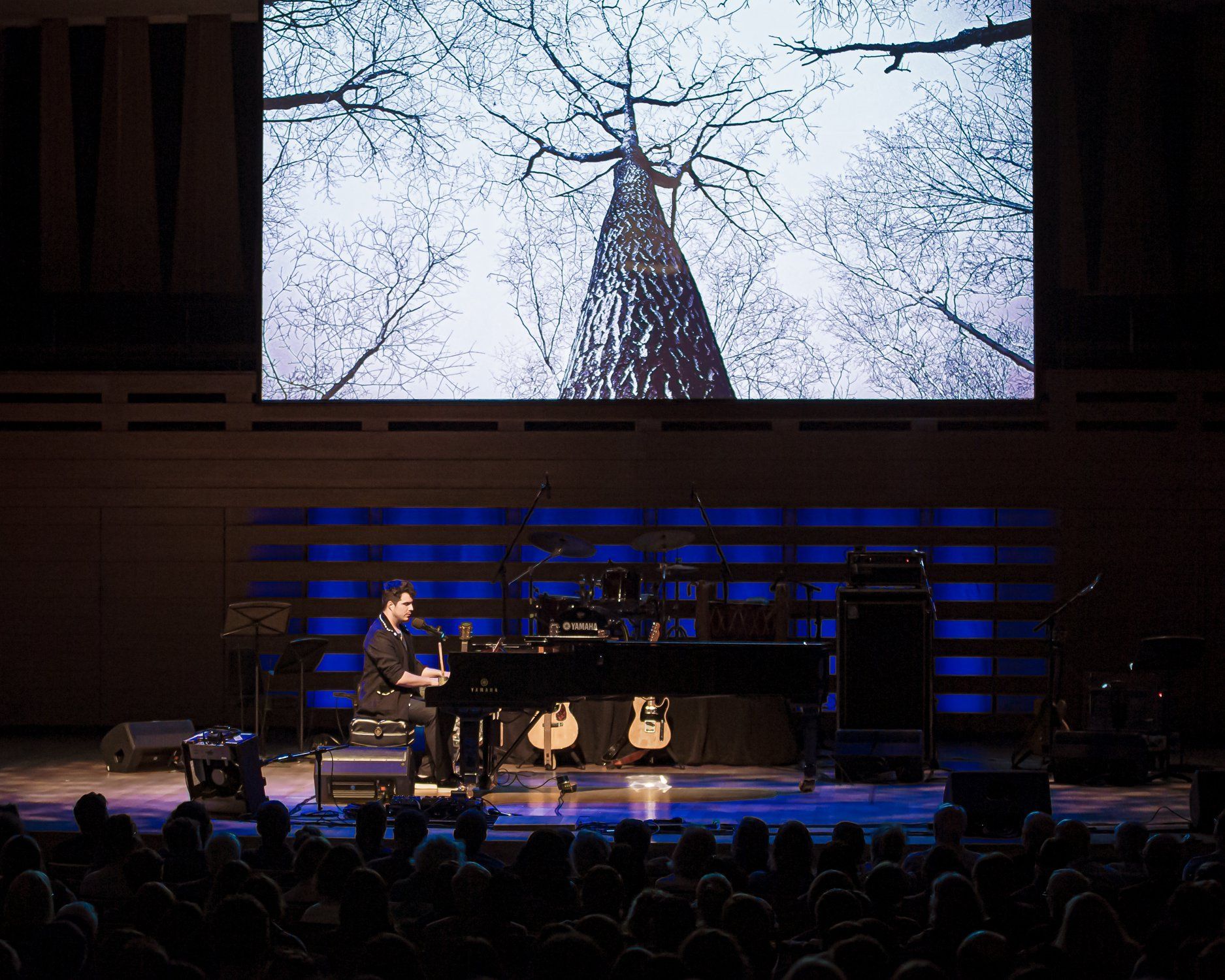
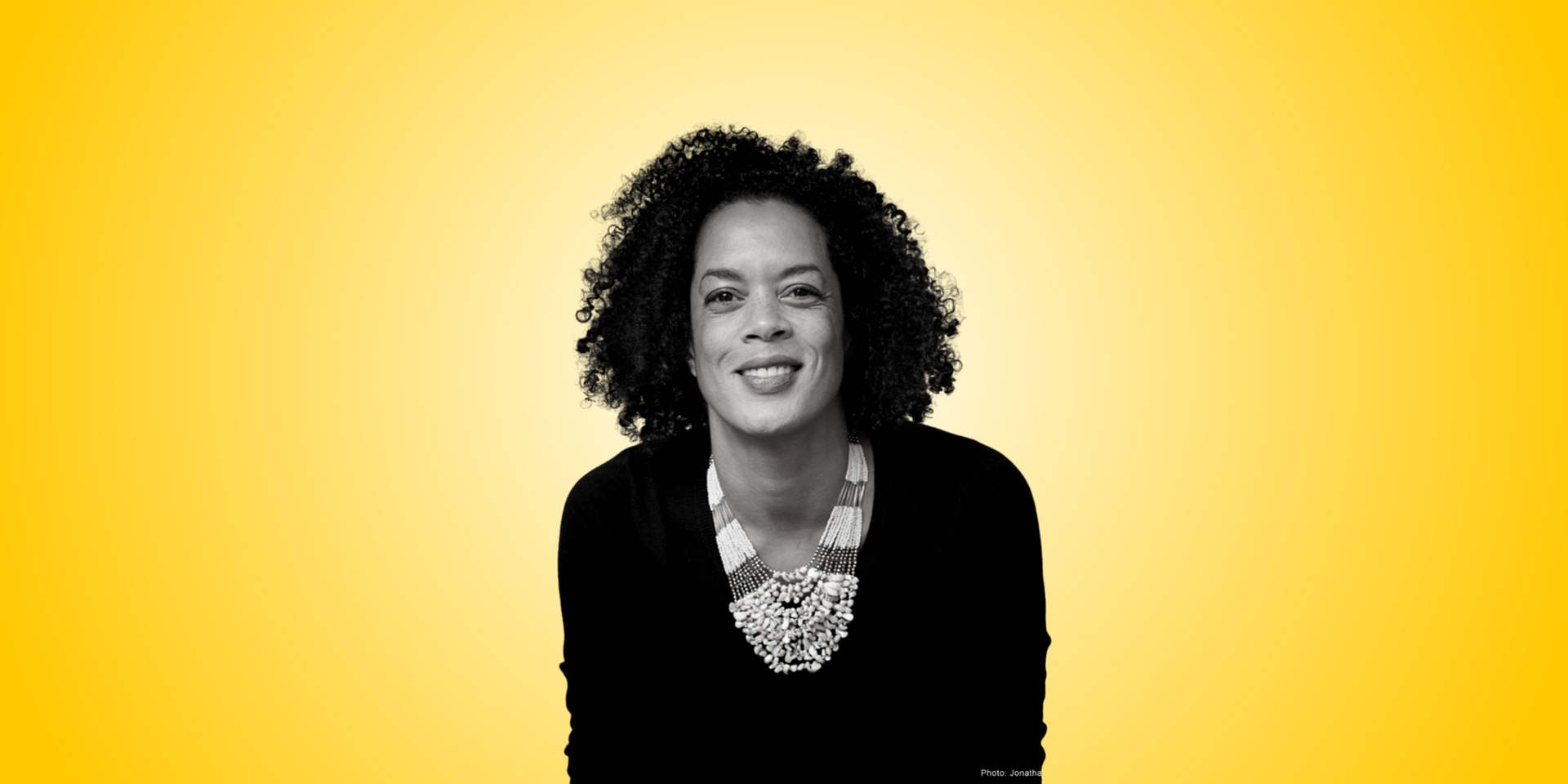
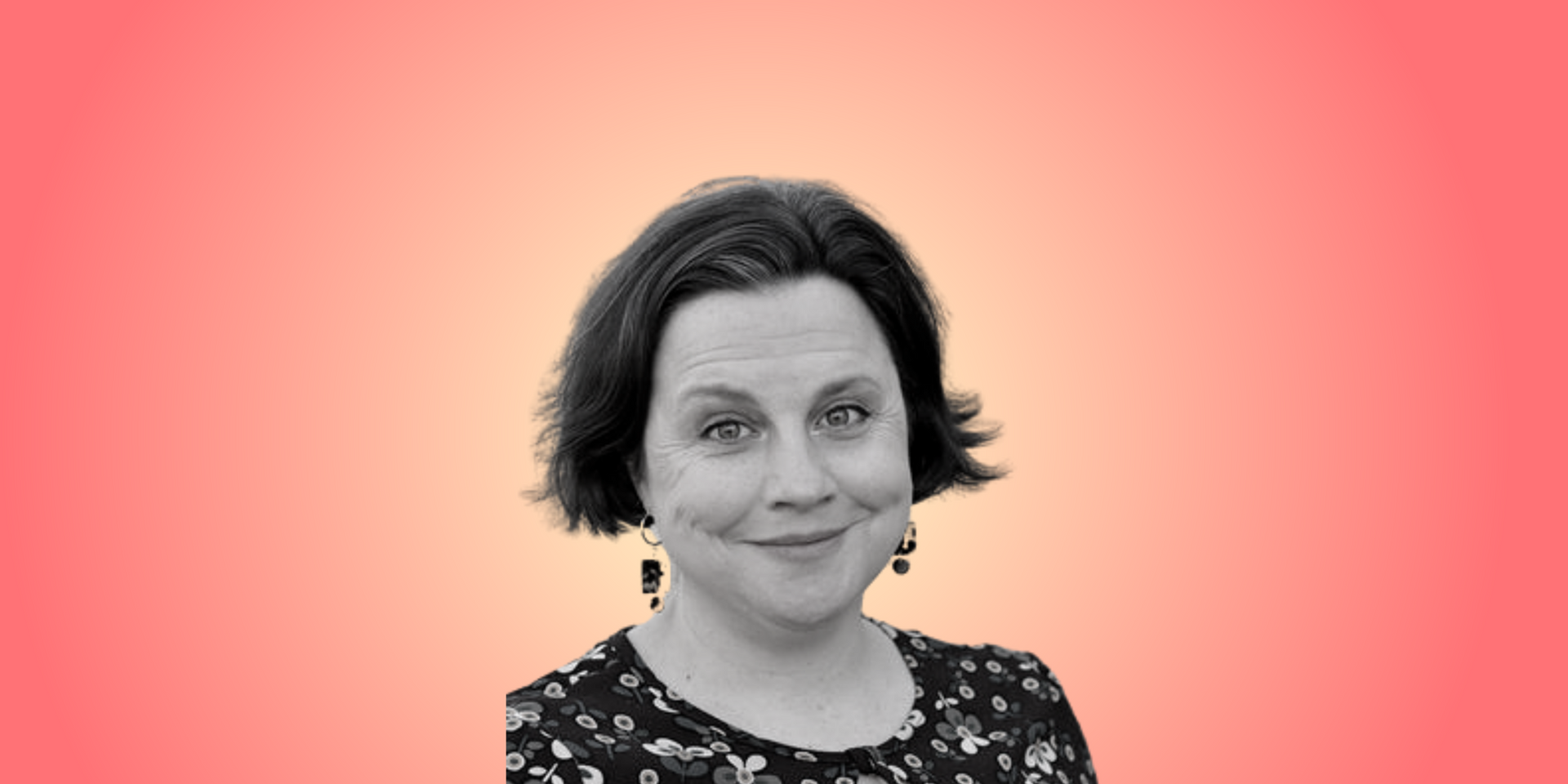
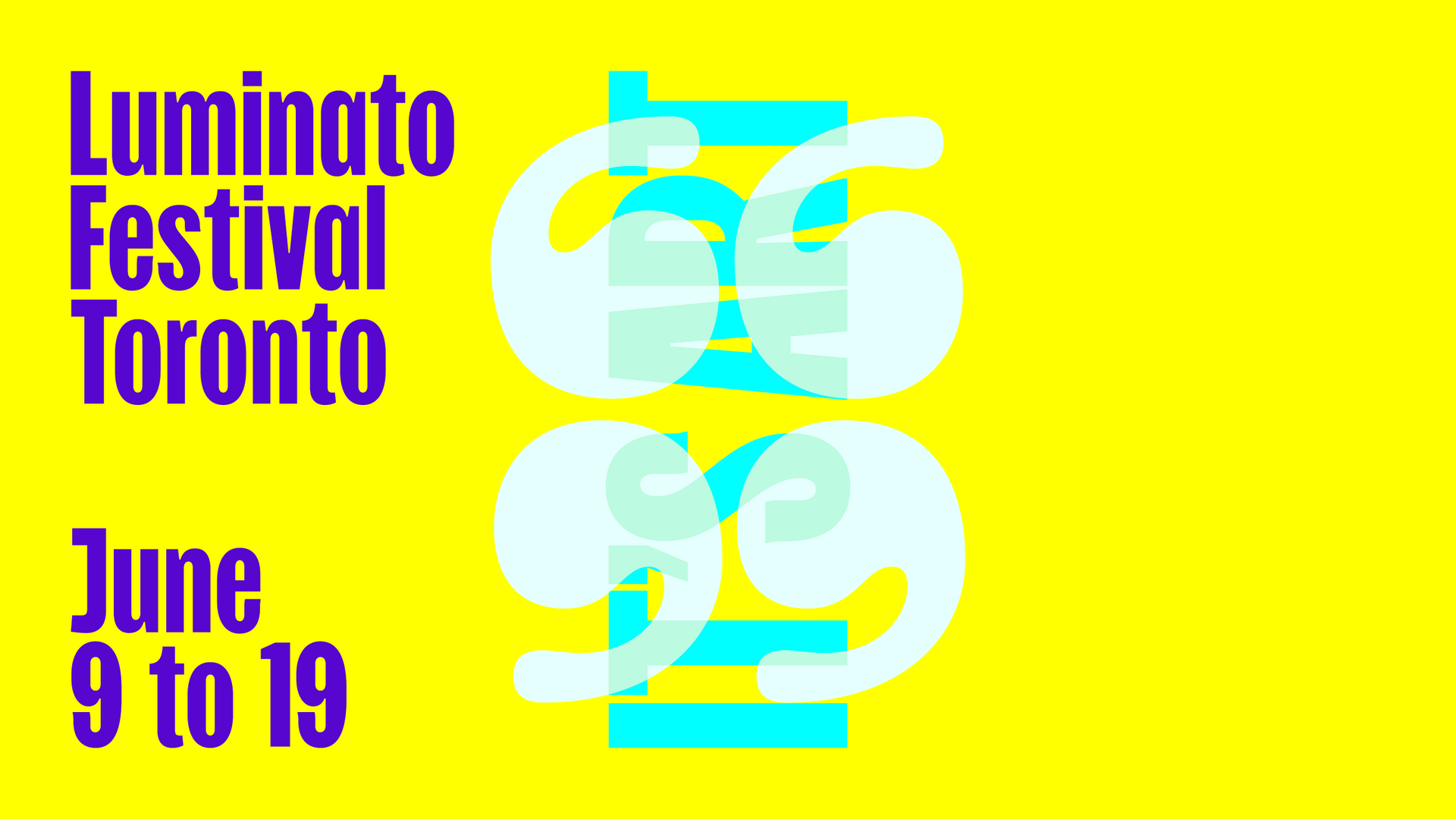
© 2025 Luminato Festival Toronto, All rights reserved.
Privacy Policy
|
Terms and Conditions
